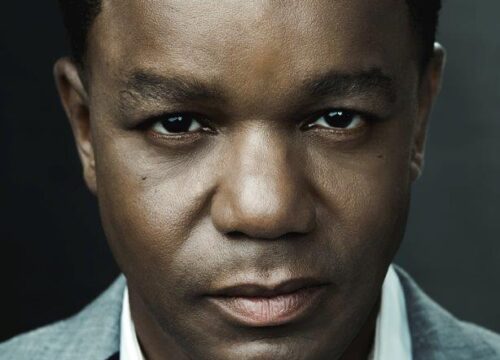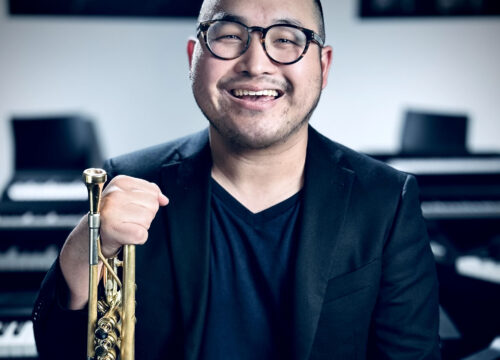The music program offers a major and minor in music. In addition, courses and performance opportunities are available to Rutgers students in all types of music.
The music program offers exciting possibilities for students to learn the foundations of musical performance as well as histories of global music cultures and traditions, philosophies of music, experimental and contemporary art and media practices, and the role of music and art in democracy, community engagement, and social justice. Because of the unique backgrounds and collaborative approach of our academic and world-renowned performance faculty, the music program at RU-N is positioned at the cutting edge of contemporary music studies. We train our students to think in interdisciplinary ways and to learn how music and art can inform and enhance work in diverse marketplaces and industries.
Performance and research opportunities open to music students include Express Newark, a campus-community incubator for artist engagement and public scholarship; the Rutgers Chorus, which performs globally and has produced multiple recorded albums; and the Institute of Jazz Studies, the world’s foremost jazz archives and research library.
Major Requirements
Major Requirements
Music Theory
12 credits from the following (*placement test given to determine starting point):
- Fundamentals of Music (3)
- Music Theory I (3)
- Music Theory II (3)
- Advanced Studies in Music Theory III (3)
- Advance Studies in Music Theory IV (3)
- other courses as approved by music faculty
Music History
15 credits from the following:
- 087 courses upon approval by music faculty
- example courses: Introduction to Music (3), Jazz (3), Music, Culture & Technology (3), other courses
- 083 courses upon approval by music faculty
- examples courses: Art as System (3)
- other courses as approved by music faculty
Applied Music
6 credits from the following:
- Guitar lessons (1)
- Voice lessons (1)
- Piano lessons (1)
- Rutgers chorus (2)
- other courses as approved by music faculty
ACM Core Requirements
6 credits from the following:
- Introduction to Arts, Culture & Media (3) (Fall semester only)
- Colloquium in Arts, Culture & Media (3) OR Seminar in Arts, Culture & Media (3) (Spring semester only)
Minor Requirements
Minor Requirements
Music Theory
6 credits from the following (*placement test given to determine starting point):
· Fundamentals of Music (3)
· Music Theory I (3)
· Music Theory II (3)
· Advanced Studies in Music Theory III (3)
· Advance Studies in Music Theory IV (3)
Music History
6 credits from the following:
· 087 courses upon approval by music faculty
example courses: Introduction to Music (3), Jazz (3), Music, Culture & Technology (3), other courses
· 083 courses upon approval by music faculty
examples courses: Art as System (3)
Applied Music
6 credits from the following:
· Guitar lessons (1)
· Voice lessons (1)
· Piano lessons (1)
· Rutgers chorus (2)
· Advanced Studies in Music Theory III (3)
· Advance Studies in Music Theory IV (3)



